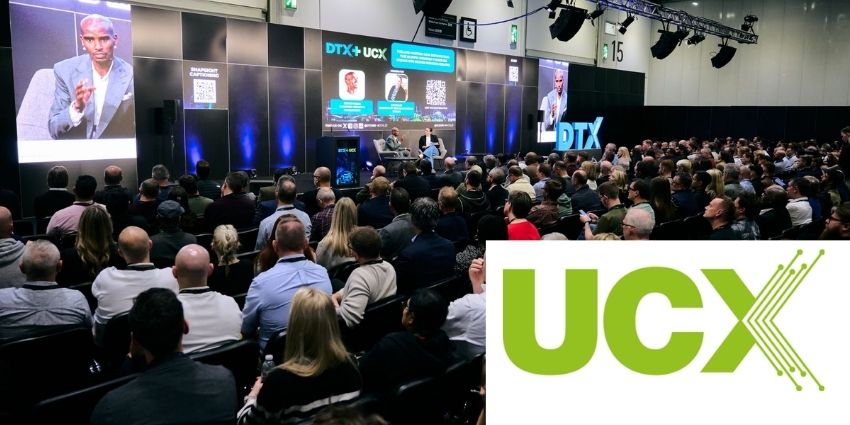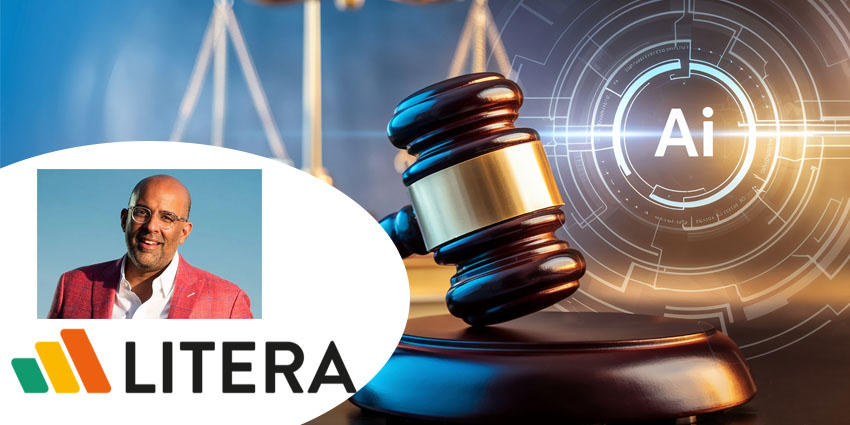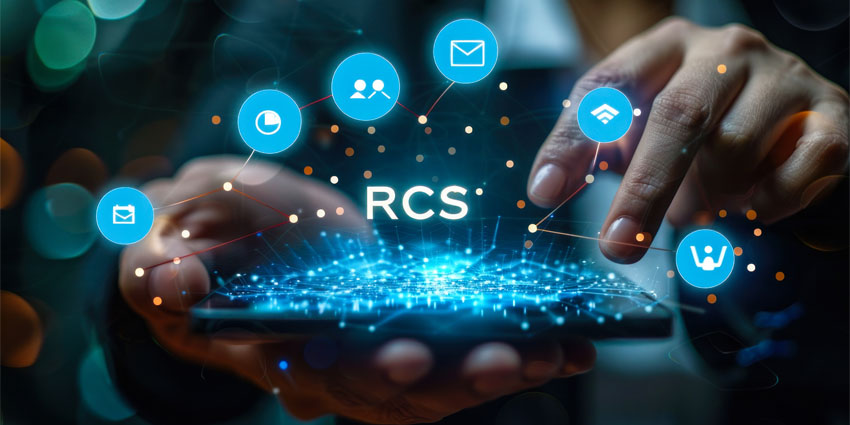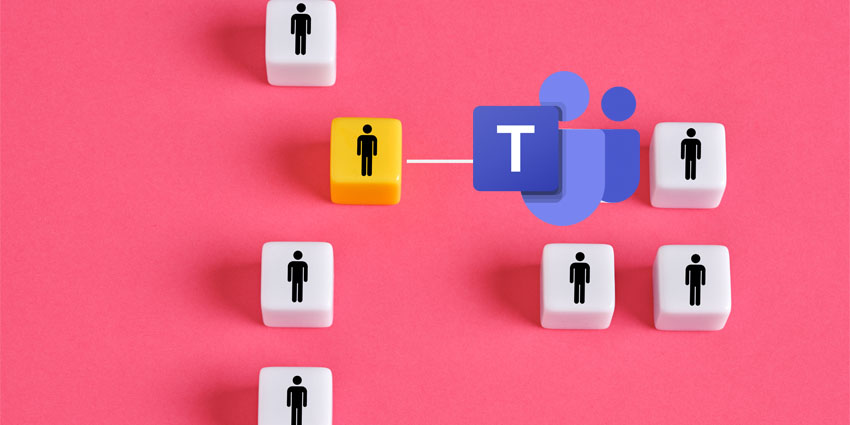UCX London 2025 kicked off another year, drawing hundreds of professionals to the UK capital for a two-day conference discussing the latest trends in the UC Sphere.
Attendees were treated to a blend of keynotes, panels, and interactive sessions covering cutting-edge topics from various esteemed speakers.
Featuring an exhibitor landscape rich with software and AV vendors, alongside a vibrant partner ecosystem, UCX London 2025 was heavy on innovation. The conference agenda included everything from Microsoft Copilot and AI agents to future-ready UC stacks, converged UC/CC platforms, and mobile-first collaboration strategies.
Unsurprisingly, AI and AI agents dominated. However, beyond the expected buzz around AI, UCX London 2025 spotlighted several other critical themes shaping the future of workspaces, cybersecurity, and contact centers.
After two days of panels and talks, we distilled the key takeaways about industry sentiments.
1. AI Deployment Strategies
AI was firmly on the agenda at UCX London 2025, with 28 sessions dedicated to exploring the topic.
Ally Ward, M365 Product and Platform Services Manager at Norton Rose Fulbright had a talk discussing this specifically within a Microsoft environment.
Working in a regulated industry like legal presents extra challenges, such as security and governance. Yet, as in other sectors, adoption remains a key hurdle for any AI deployment. Ally emphasized that understanding user intent is a crucial first step.
“First of all, you have to think, who are you going to give it to?” she told UC Today.
By focusing on specific use cases, Ally argues that targeted training can help teams better leverage AI and recognize its value in their workflows.
2. The Future of Workspaces
Future Workspaces were another major theme at the conference, with AI prominently featured. AI is set to be one of the most significant changes to how we work in years, but misconceptions remain about what it promises versus what it delivers.
“AI is not going to replace everything,”
Nikki Powell, Director of Customer Contact at Capita Public Service, told an audience during a UC Today panel on designing customer journeys with AI.
A key focus was understanding where AI can be best implemented, to what extent, and how much human support is required. The conversation explored just where AI can be used to automate the task of a contact center agent, but where a human needs to be available to step in.
3. Cybersecurity and the Weak Link
Having the joint third most scheduled talks over the two days, it is clear to see cybersecurity was a big interest.
Within the UC space, platforms like Teams and Zoom are increasingly targeted by cyberattacks, as attackers view them as easier entry points to corporate networks.
Nasser Arif, Cyber Security Manager at London North West Healthcare NHS Trust, spoke about the human element in cybersecurity. Many breaches occurring on UC platforms often result from human error.
“I feel like we need to do more to build up our security cultures,” he told UC Today.
He argues that strengthening cybersecurity awareness and practices among staff can significantly reduce many of the security risks facing UC platforms.
4. RTO and AI Analytics
With the pendulum having thoroughly swung to remote and hybrid work following the fallout of the pandemic, it seems that the trend is shifting.
“There seems to be a trend towards return to office,” Neil Fluester, Head of Portfolio & Alliances at Logitech, told UC Today.
However, this is not just about bringing people back to their desks; it raises questions about monitoring AI usage among remote employees. AI engagement analytics can become skewed by differences between home and office environments.
Yet, Neil highlighted Microsoft’s speaker attribution as a strong example of how companies are bridging the hybrid divide to ensure balanced AI deployment.
5. AI Disrupting CCaaS
AI also sparked lively discussions around its role in the CCaaS landscape. With the increasing use of AI chatbots and AI receptionists, many wondered how much of a contact center’s work AI might automate in the future.
“We’re hearing how AI is either going to revolutionize or completely destroy contact centers, but I don’t think it will be so dramatic in the short term,”
said Chris J de Souza, Director of Business Consulting at CGI, during an interview with UC Today.
De Souza noted that while AI chatbots are valuable tools, some contact centers might be deploying them to compensate for broken customer journeys.
Successful AI deployment should complement and support human agents, rather than just mask deeper issues or frustrate customers when AI falls short.







